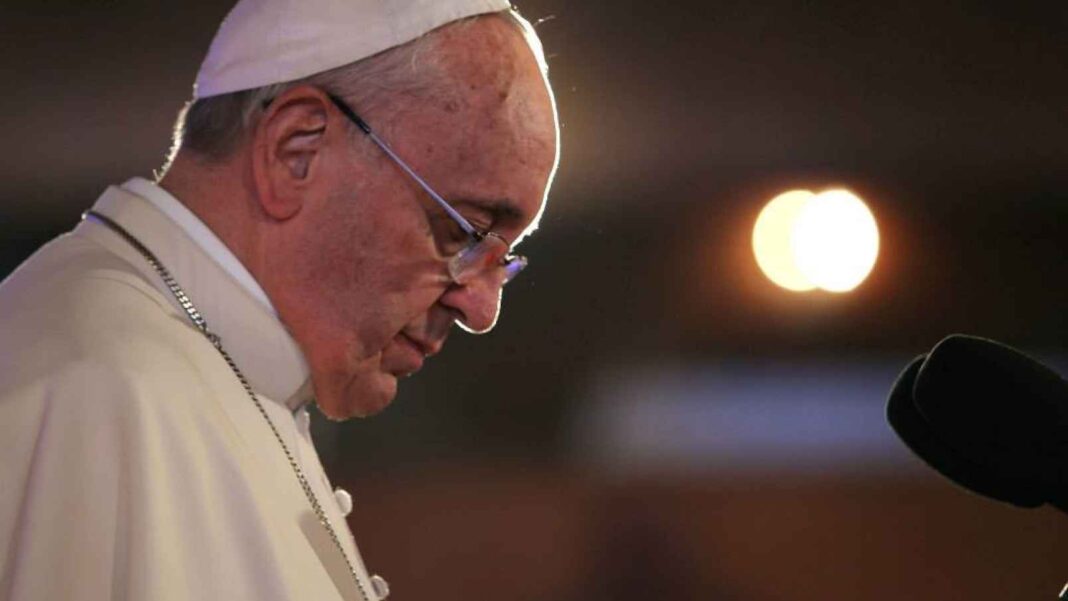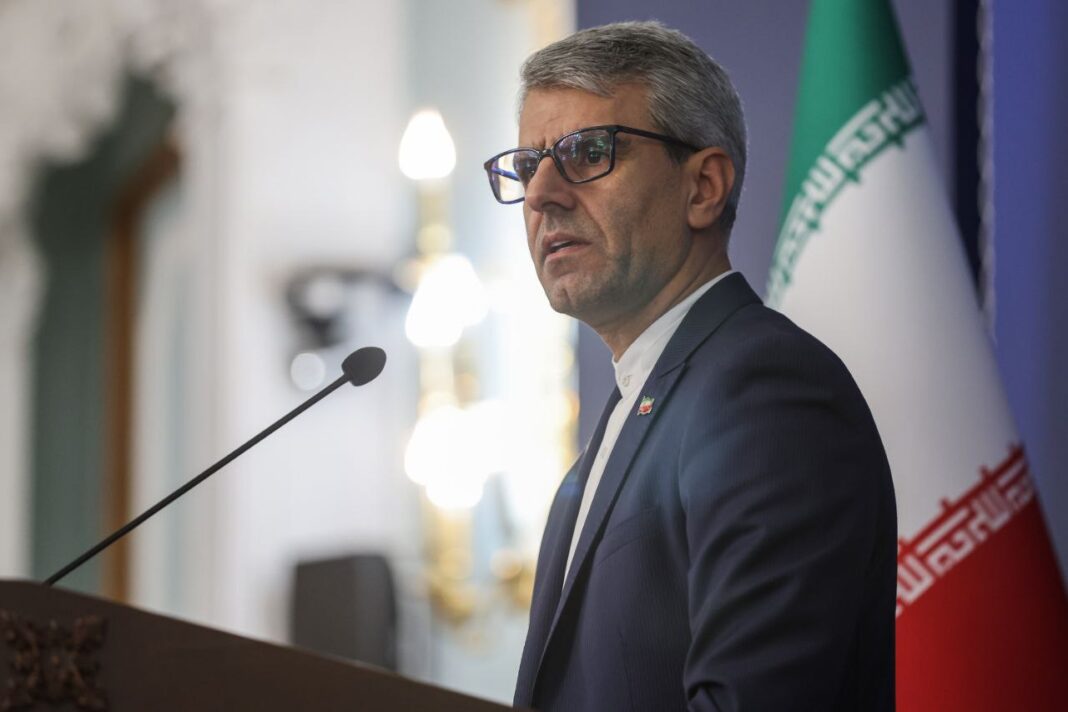Pope Francis, the first Latin American pope and a transformative figure for the Catholic Church in the 21st century, has died at the age of 88, the Vatican has confirmed.
The pontiff passed away peacefully on Easter Monday at 7:35 a.m. local time at his residence in Casa Santa Marta, where he had lived since the early days of his papacy. His final public appearance came just one day prior, when he greeted thousands of faithful in St. Peter’s Square with a warm “Happy Easter.”
The announcement was made by Cardinal Kevin Farrell, who delivered the news with deep emotion:
“Dearest brothers and sisters, with deep sorrow I must announce the death of our Holy Father Francis. At 7:35 this morning, the Bishop of Rome, Francis, returned to the house of the Father. His entire life was dedicated to the service of the Lord and His Church.”
In a statement reflecting the tone of global mourning, Cardinal Farrell added:
“He taught us to live the values of the Gospel with fidelity, courage and universal love, especially in favour of the poorest and most marginalised… With immense gratitude for his example as a true disciple of the Lord Jesus, we commend the soul of Pope Francis to the infinite merciful love of the One and Triune God.”
Who Was Pope Francis
Born Jorge Mario Bergoglio in Buenos Aires, Argentina, Pope Francis was elected to the papacy in March 2013 following the resignation of Pope Benedict XVI—the first papal abdication in nearly 600 years. A former archbishop and Jesuit priest, he became the first pope from the Americas and the first Jesuit to hold the role, quickly becoming known for his humility, accessibility, and commitment to reform.
Throughout his papacy, Francis focused on shifting the tone and emphasis of the Church. He championed social justice, interfaith dialogue, and care for the environment, while repeatedly calling for compassion over judgment. His 2015 encyclical Laudato Si’ was widely lauded for addressing the global climate crisis from a moral and theological standpoint.
He also became a powerful advocate for the marginalized—refugees, the poor, and those excluded from society—insisting that the Church should be a “field hospital” that tended to the wounds of humanity. His decision to live in the modest Vatican guesthouse rather than the opulent Apostolic Palace became a symbol of his simpler, more pastoral approach to leadership. Recently, he was also vocal advocate for peace, calling for an immediate ceasefire in Gaza.
While often praised for his progressive stance on issues such as LGBTQ+ inclusion and Church accountability, Pope Francis also faced resistance from traditionalists within the Vatican hierarchy and beyond. Nevertheless, he remained a steady, thoughtful voice through a tumultuous decade that included a global pandemic, geopolitical crises, and deepening social divisions.
Funeral arrangements are expected to be announced shortly, with thousands anticipated to gather in Rome to pay their final respects.

